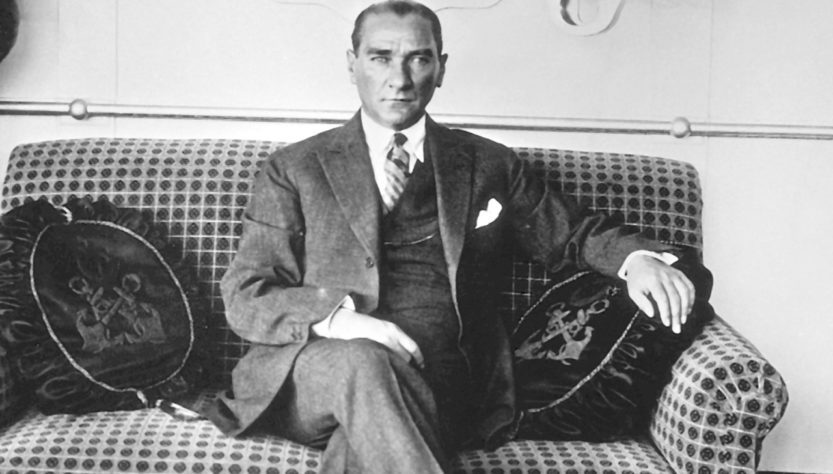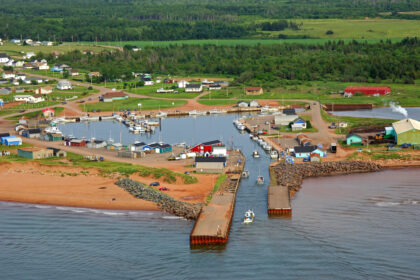Mustafa Kemal Ataturk was a Turkish army officer, revolutionary, and founder of the Republic of Turkey, serving as its first President from 1923 until his death in 1938. Ideologically a secularist and nationalist, his policies and theories became known as Kemalism. Take a look below for 30 more interesting and fascinating facts about Mustafa Kemal Ataturk.
1. Ataturk came to prominence for his role in securing the Ottoman Turkish victory at the Battle of Gallipoli during World War I.
2. Following the Empire’s defeat and subsequent dissolution, he led the Turkish National Movement, which resisted the mainland Turkey’s partition among the victorious Allied powers.
3. Establishing a provisional government in the present-day Turkish capital Ankara, he defeated the forces sent by the Allies, thus emerging victorious from what was later referred to as the Turkish War of Independence.
4. He subsequently proceeded to abolish the decrepit Ottoman Empire and proclaimed the foundation of the Turkish Republic in its place.
5. As the president of the newly formed Turkish Republic, Ataturk initiated a rigorous program of political, economic, and cultural reforms with the ultimate aim of building a modern, progressive, and secular nation state.
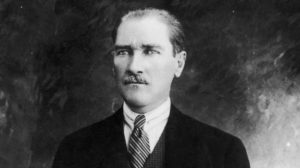
6. He made primary education free and compulsory, opening thousands of new schools all over the country.
7. He introduced the Latin-based Turkish alphabet, replacing the old Ottoman Turkish alphabet.
8. Turkish women received equal civil and political rights during Ataturk’s presidency ahead of many Western countries. In particular, women were given voting rights in local elections by Act no. 1580 on April 3, 1930, and a few years later, in 1934, full universal suffrage, earlier than most other countries in the world.
9. His government carried out a policy of Turkicisation trying to create a homogeneous and unified nation.
10. Under Ataturk, non-Turkish minorities were pressured to speak Turkish in public, non-Turkish toponyms and last names of minorities had to be changed to Turkish renditions.
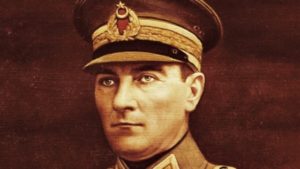
11. The Turkish Parliament granted him the surname Ataturk in 1934, which means “Father of the Turks,” in recognition of the role he played in building the modern Turkish Republic.
12. He died on November 10, 1938, at the age of 57 in Dolmabahce Palace. He was succeeded as President by Ismet Inonu, and was honored with a state funeral.
13. In 1953, his iconic mausoleum was built and opened, which is surrounded by a park called the Peace Park in honor of his famous expression, “Peace at Home, Peace in the World.”
14. In 1981, the centennial of Ataturk’s birth, his memory was honored by the UN and UNESCO, which declared it The Ataturk Year in the World and adopted the Resolution on the Ataturk Centennial.
15. Ataturk is commemorated by many memorials throughout Turkey and numerous countries all over the world, where place names are named in honor of him.
16. Eleftherios Venizelos, the former Prime Minister of Greece, forwarded Ataturk’s name for the 1934 Nobel Peace Prize.
17. His middle name, Kemal, came later. When he was 12 years old, Mustafa was sent to the military academy in Istanbul. There, his mathematics teacher gave him the additional name, Kemal, meaning “perfection” because of his academic excellence.
18. He was born March 12, 1881, in Salonika, which was then known as part of the Ottoman Empire. Today, the place is known as Thessalonika, in modern day Greece.
19. Ataturk introduced state secularism to Turkey. His new policy caused some controversy at the time and he was accused of decimating important cultural traditions.
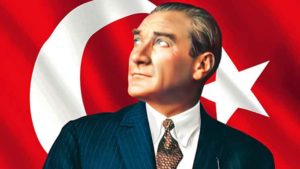
20. He never fathered his own children but instead adopted one son and seven daughters, including Sabiha Gokcen, who grew up to be the world’s first female combat pilot.
21. Ataturk founded a civil aviation schools called Turkkusu. Sabiha was the first female student of the school and graduated in 1935.
22. In 1935, he introduced surnames in Turkey. Before, people were known by their occupation.
23. He has a perfect military record, which boasts victories and no defeats. Ataturk ranks among the world’s greatest strategists.
24. Before he passed away on November 10, 1938, he said, “My poor body will one day return to dust, but the Republic of Turkey will endure forever.”
25. Ataturk was the commander in chief in the Turkish War of Independence and founder of the Grand National Assembly and of the Republic of Turkey.
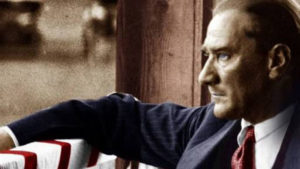
26. In 1951, the Democrat Party controlled Turkish parliament led by Prime Minister Adnan Menderes, despite being the conservative opposition to Ataturk’s own Republican People’s Party, issues a law outlawing insults to his memory.
27. In 2010, the French based NGO Reporters Without Borers objected to the Turkish laws to protect the memory of Kemal Ataturk, saying that they are in contradiction with the current European Union standards of freedom of speech in news media.
28. In 2007, YouTube, Geocities, and several blogger webpages were blocked by a Turkish court due to insults to Ataturk’s memory.
29. The YouTube ban in the country lasted for 30 months, in retaliation for four videos on Ataturk. These videos alleged that Ataturk was a Freemason, and was a homosexual, citing a book printed in Belgium on this subject that is currently banned in Turkey.
30. Despite his radical secular reforms, Ataturk remained broadly popular in the Muslim world.

